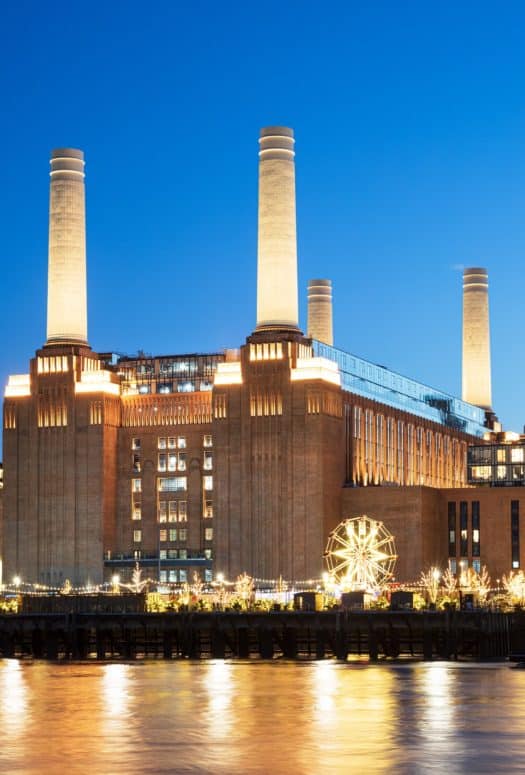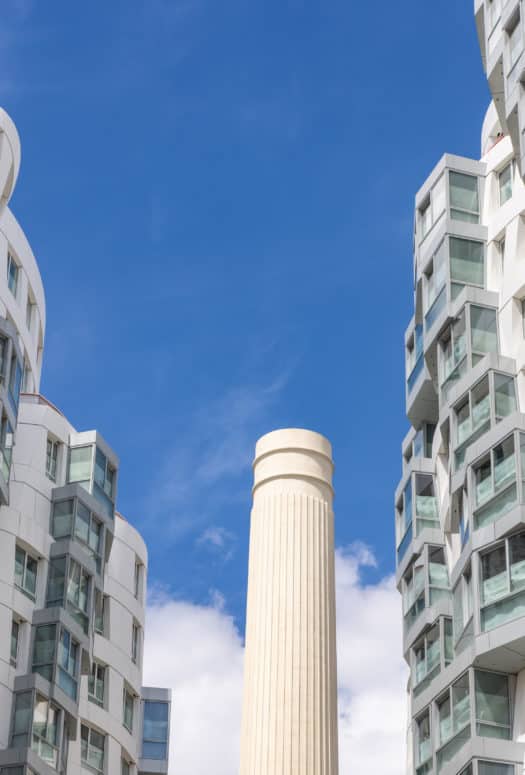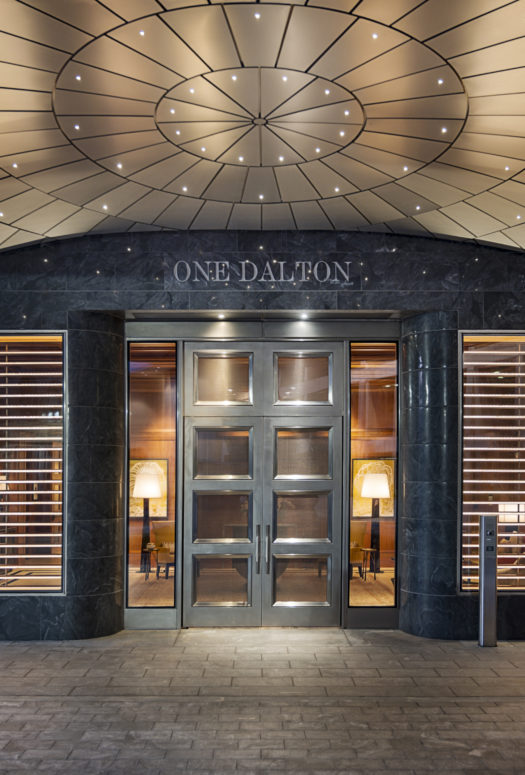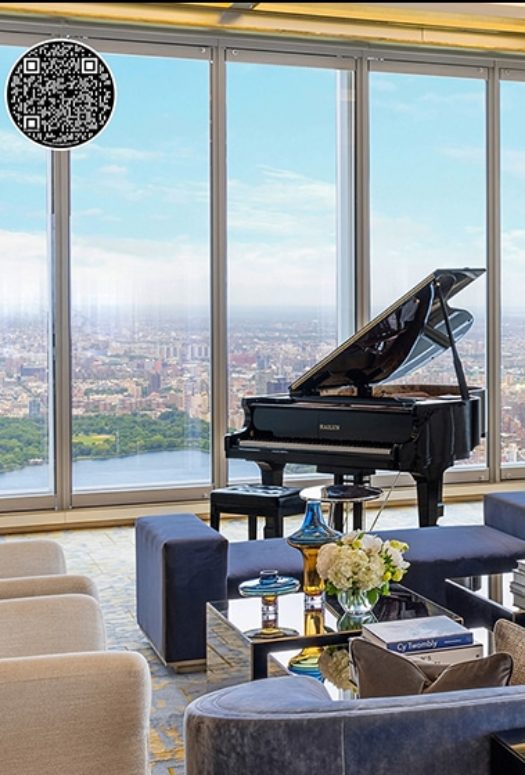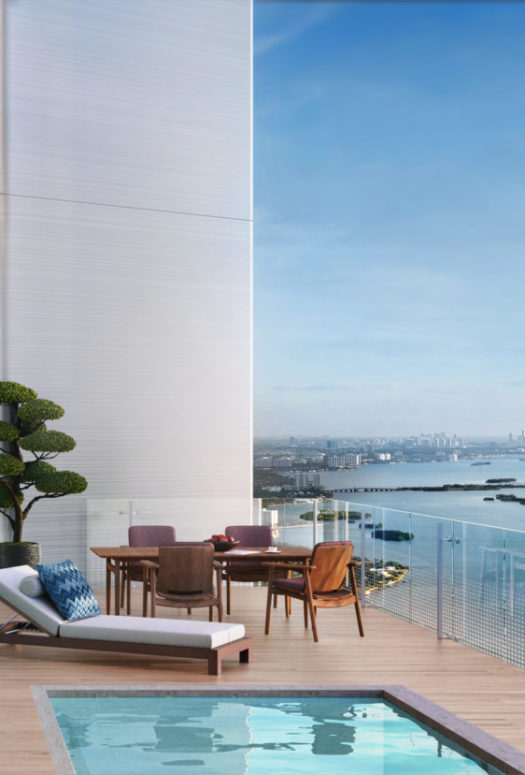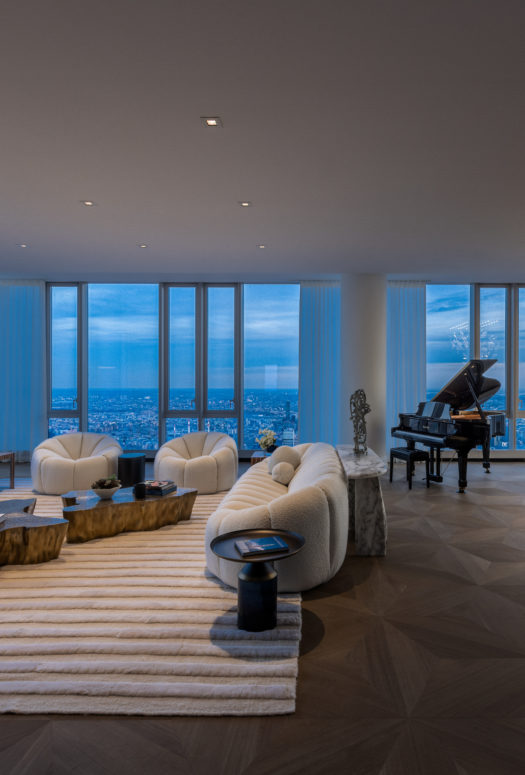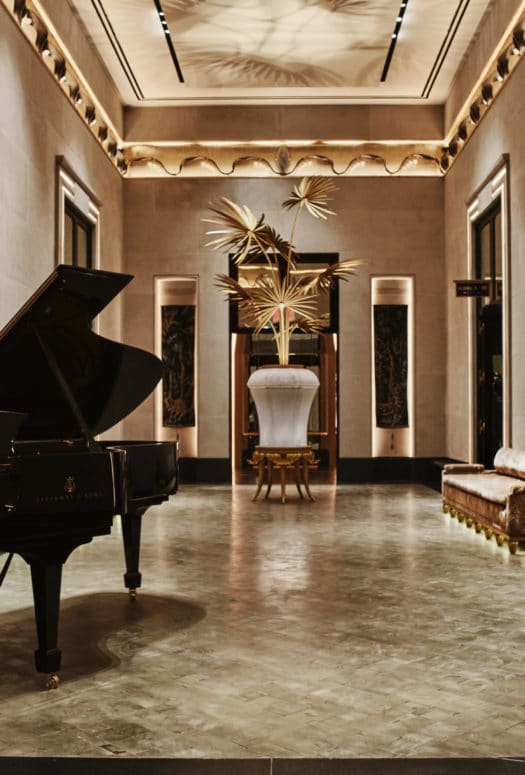Flexibility, Eco Friendliness, and Smart Technology are Key in 2021
By: LX Collection
Residential developers are always looking for new ways to attract tenants, whether through innovative design or exclusive lifestyle offerings. Those offerings are usually a result of relatively predictable market demand and industry trends. But just like every other industry in 2020, condominium developers have had to pivot their thinking to buyers’ quarantine-time needs. So, while well-designed foyers might have been important to buyers at one time, private outdoor space is now at a premium. Here are the development trends industry experts predict will be big in 2021.
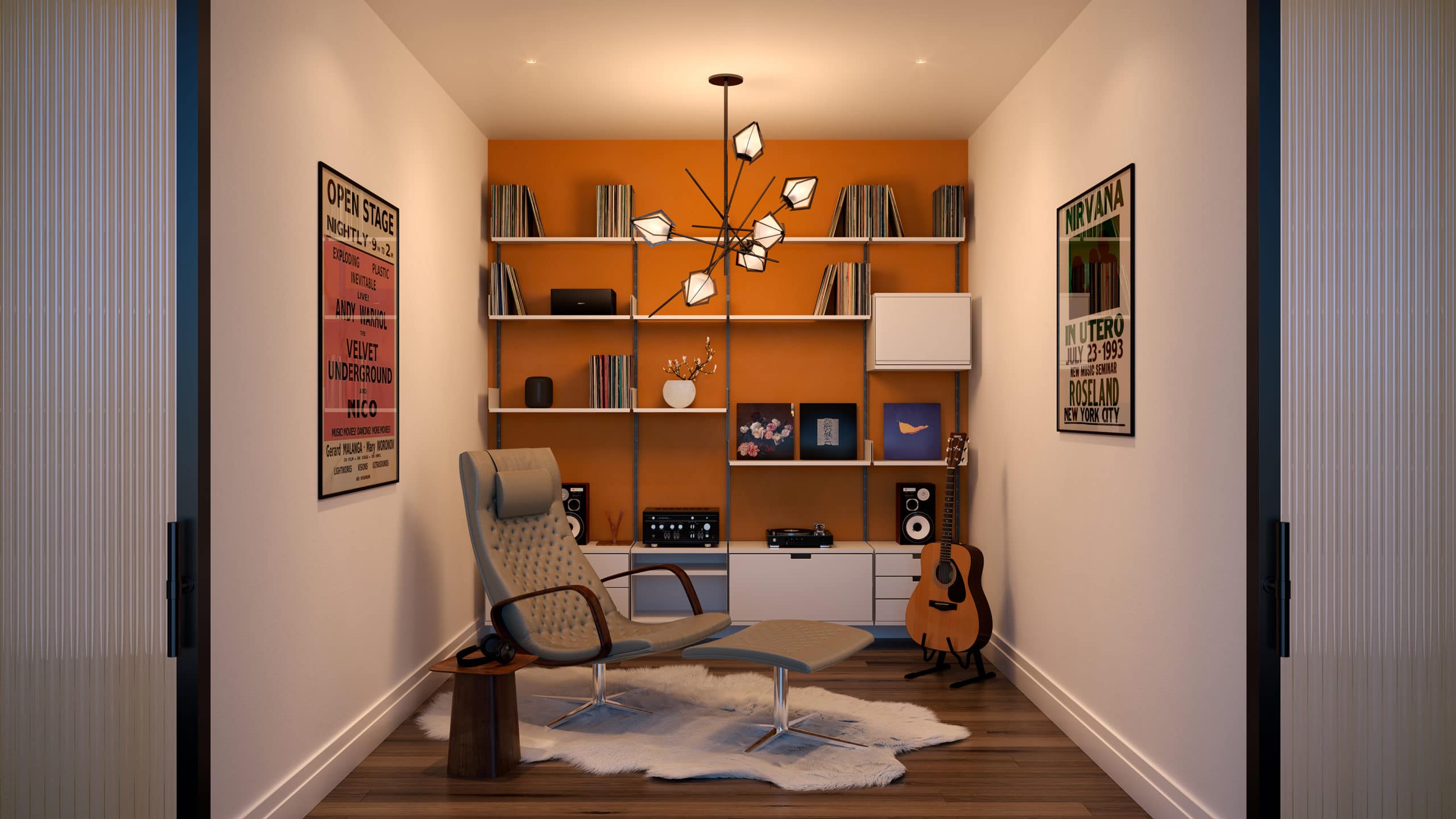 Flex space capability at Rose Hill, New York.
(Photo Credit: Rockefeller Group and Recent Spaces)
Flex space capability at Rose Hill, New York.
(Photo Credit: Rockefeller Group and Recent Spaces)
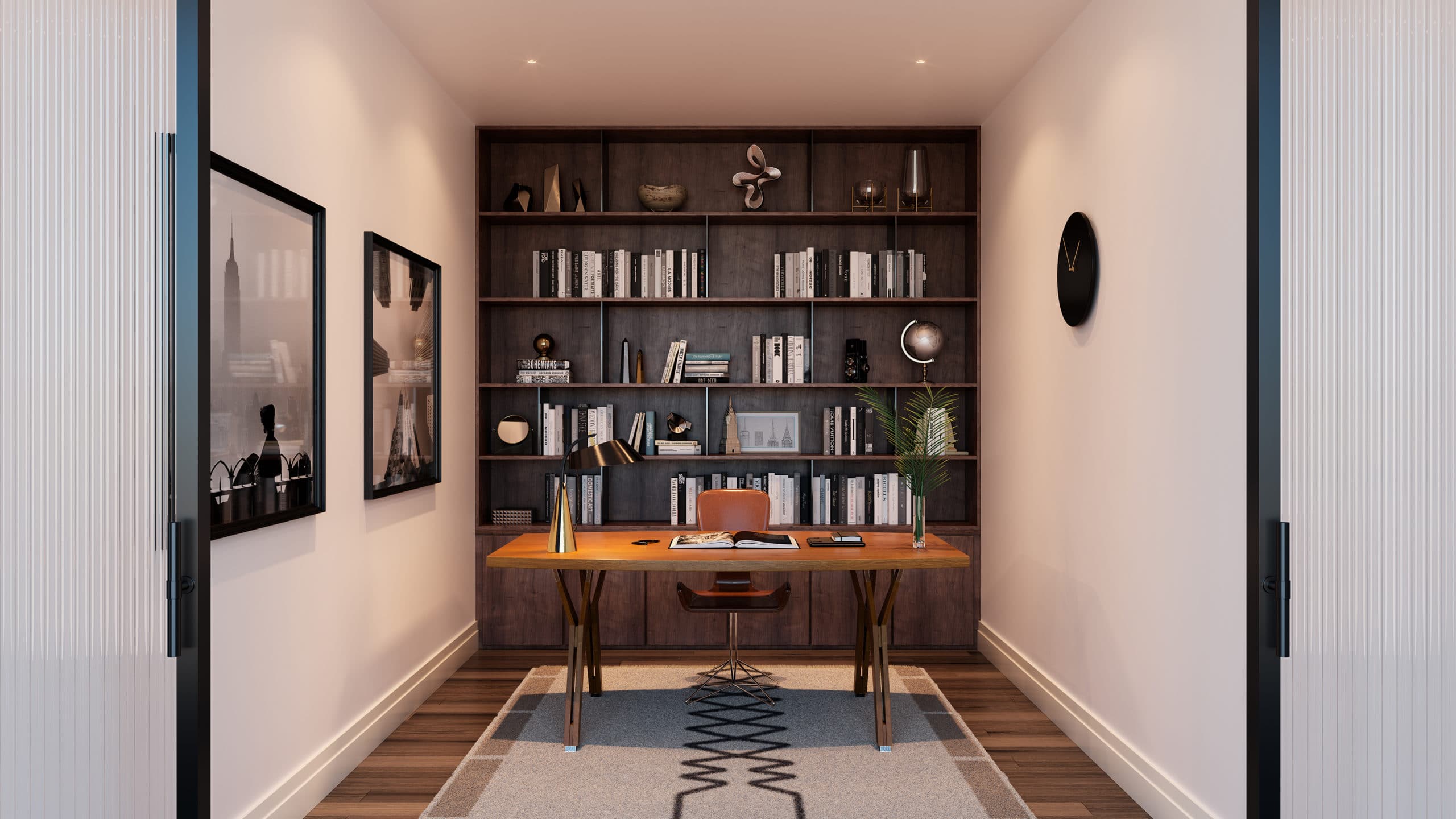 Flex space capability at Rose Hill, New York.
(Photo Credit: Rockefeller Group and Recent Spaces)
Flex space capability at Rose Hill, New York.
(Photo Credit: Rockefeller Group and Recent Spaces)
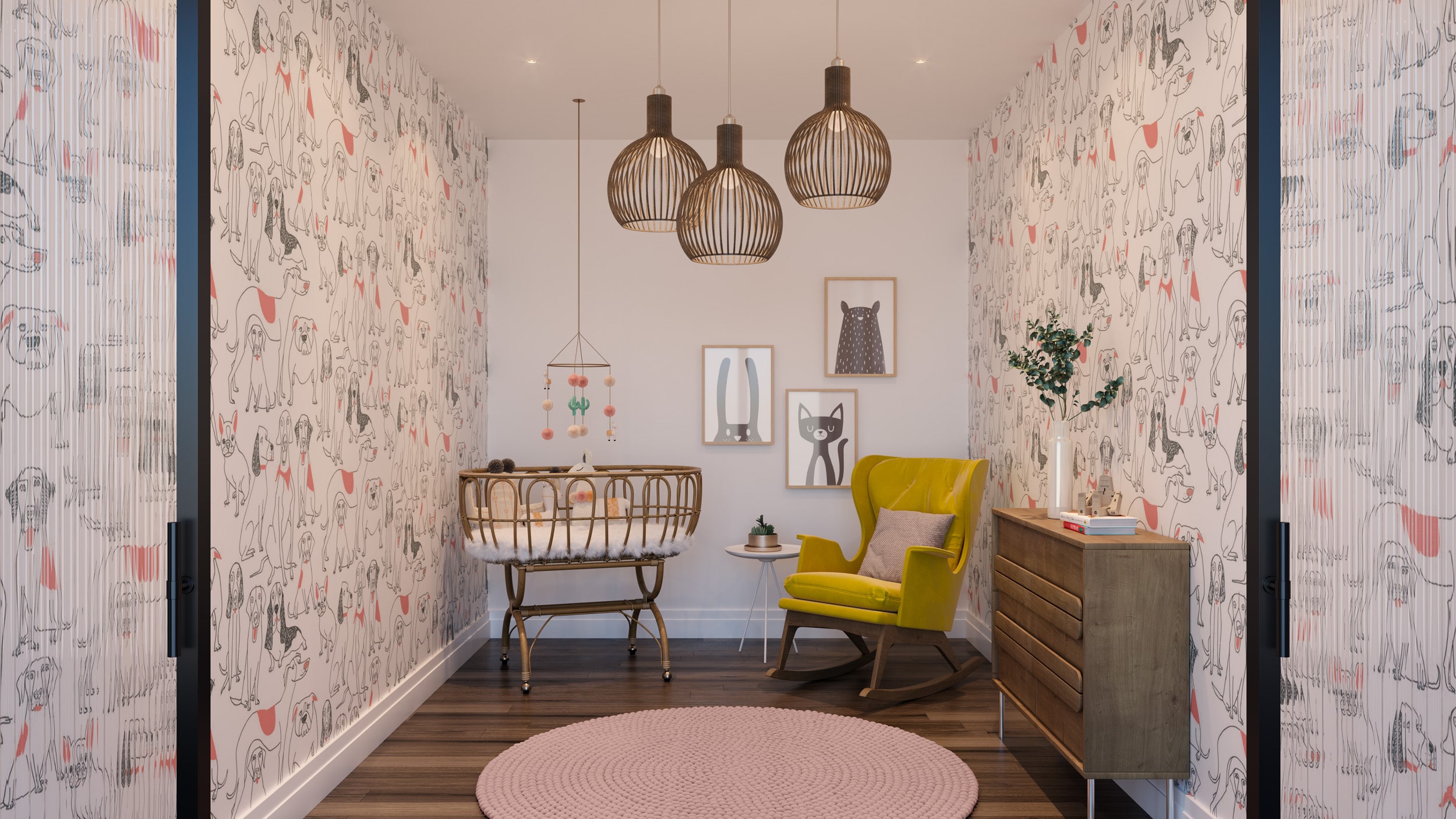 Flex space capability at Rose Hill, New York.
(Photo Credit: Rockefeller Group and Recent Spaces)
Flex space capability at Rose Hill, New York.
(Photo Credit: Rockefeller Group and Recent Spaces)
Agile Spaces
As people spend more time at home than in the past, they’ll need the rooms and areas within their homes to play more than one role. That’s why experts like Ximena Rodriguez, principal and director of interior design at CetraRuddy, predict a rise in multipurpose “flex spaces.” For example, the adaptable 8’x10’ alcoves at the Rose Hill condominium tower in New York were designed pre-COVID to accommodate a range of resident needs. Now, the flex spaces have become a significant value-add for buyers because they offer room to set up a home office or library or a learning space for children.
Sometimes this flexibility is found in unexpected places. At 11 Hoyt, the facade design creates inhabitable window bays of varying depths inside the homes, providing built-in seating for residents to work or relax while taking in the incomparable city and water views.
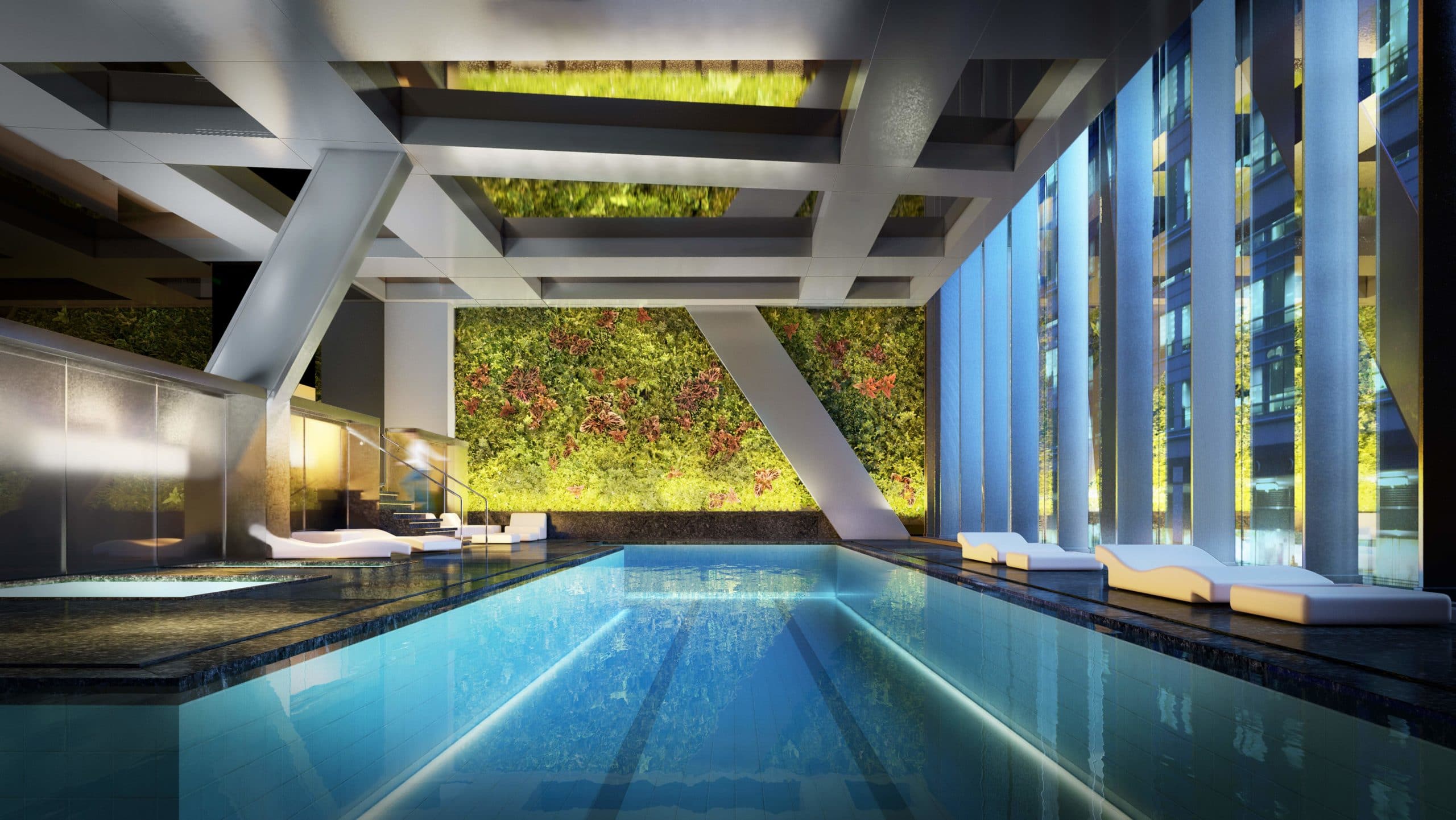 Photo Credit: Hayes Davidson
Photo Credit: Hayes Davidson
Biophilic and Eco-Friendly Design
Research showed a strong link between natural elements and mental health even before the pandemic. But 2020 made clear that a connection to the outdoors is a must-have, according to Alex Michaelis, partner, and Rina Kukaj, director, at architecture and interior design firm Michaelis Boyd Inc. Serenity and sanctuary are today’s watchwords in the residential market. At 200 East 59th Street, each unit has a wraparound terrace that creates a seamless transition between outdoor and indoor living areas. And 53 West 53 in New York City will have a towering wall covered in live plants in its indoor pool area.
Wellness-Focused Details and Amenities
For obvious reasons, health and wellness at home became focal points for many last year. That’s why for 2021 and beyond, the best residential communities will offer “thoughtfully designed areas where people can decompress and take care of their mental and physical health,” says Nancy J. Ruddy, cofounding principal and director of interior design at CetraRuddy. At Solemar, a new luxury condo in Pompano Beach, Florida, each of the 105 homes comes with DARWIN, a Home Wellness Intelligence Network developed by wellness real estate and technology pioneer Delos. Plus, developers like Vancouver’s Qualex-Landmark plan to use nonporous materials in private and common areas to allow for easy sanitization.
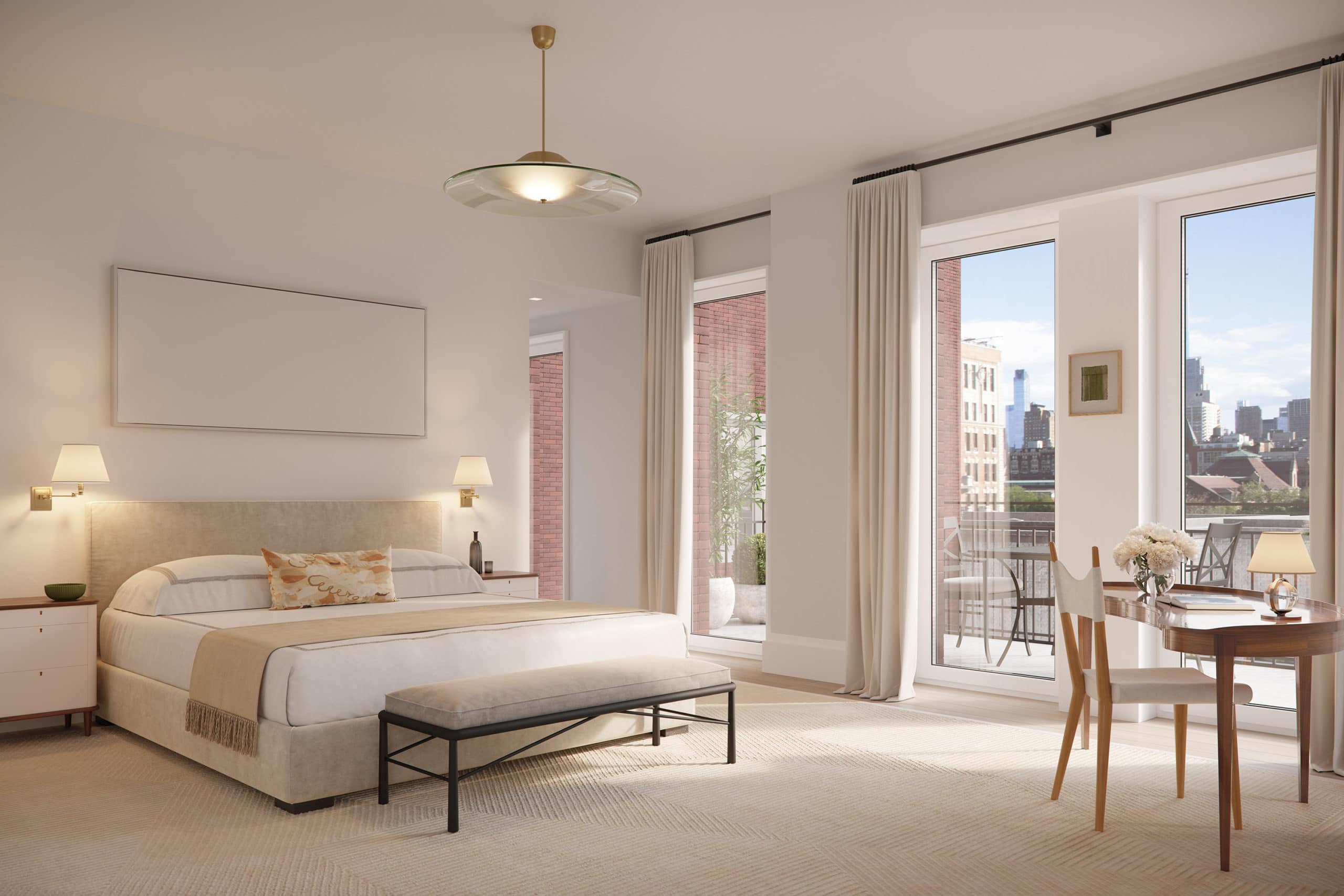 Photo Credit: Depict/ Charlotte of the Upper West Side
Photo Credit: Depict/ Charlotte of the Upper West Side
Additional Smart Technology
Working from home and flexible work schedules were already on the rise before the pandemic. They’ve only become more common, and more likely to be long-term or permanent, over the last 10 months. There will be a demand for homes that intelligently integrate an environment conducive to work and make being at home all day, every day easier. “Being able to switch between technologies with ease is now central to our livelihood, and this will be carried on into our professional and personal routines,” says Michaelis. Upper Ivy in Culver City, California, will boast its own coworking space and Dwelo Smart Home capabilities like keyless entry, remote locking, and smart thermostats and lights.
This technology will also translate to prospective buyers demanding high-tech air filtration systems. For example, Charlotte of the Upper West Side gives residents the option to increase the rate of air purification in their units by 120%.
Whether it’s making our bodies healthier or the air around us healthier, condominium developers have learned that potential residents want a home that goes beyond high design. They crave spaces that take care of mind and body—and that’s likely to continue even once we’re no longer stuck inside.


